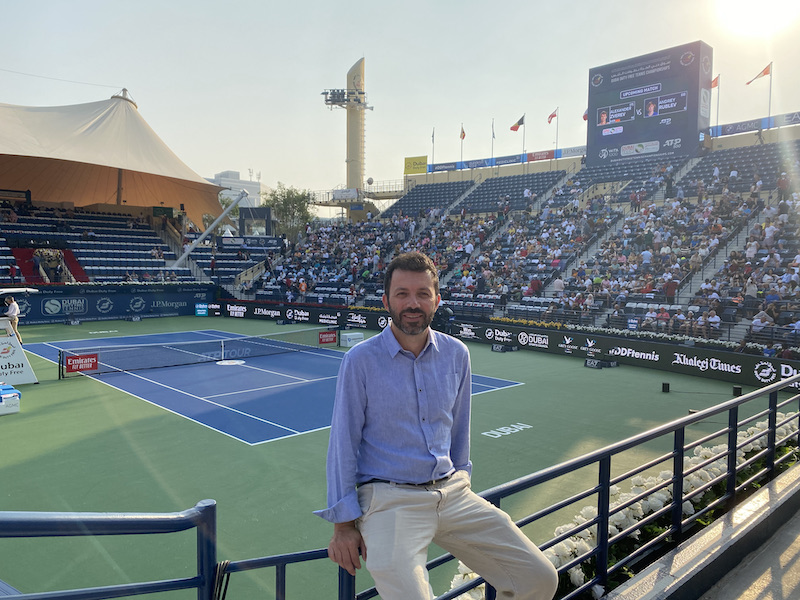How did I address my fears in the realm of Sports Trading? The journey that led me towards professionalism was a long, winding, yet pleasant path of personal improvement.
When we think about it, it’s indeed impossible to separate the individual from their profession. This is true for any job, but even more so for disciplines like sports trading, which rely on individual rather than group performance.
When you work alone, you can only rely on yourself, and every small improvement in your personal balance directly impacts your professional performance.
For me, working on my weaknesses has been crucial for enhancing my performance.
Limiting flaws to succeed more
I firmly believe that limiting one’s own flaws is far more important than enhancing one’s talents.
The underlying reasoning is quite simple: I need to balance out my flaws and strengths to essentially break even.
Ideally, the goal is to minimize flaws and areas of weakness as much as possible, bringing them to a neutral level where they lose significance.
This way, strengths, potential, and things I excel at become my added value.
For this reason, I’ve always had a small obsession: limiting my weaknesses before boosting my strengths.
Weaknesses can be related to mindset (fears, limiting beliefs, cognitive biases) or have a technical-strategic nature.
In my journey towards method optimisation, I’ve paid attention to both aspects. Although those related to mindset have naturally carried more weight.
First and foremost, I tackled fear management, and I’m still working on it.
Fears are more common than you might think. We all have them, whether manifest or unconscious, sometimes insidious. But it’s important to understand their significant impact on work performance and mental approach.
What is fear?
Among the various definitions of fear, I have found Jared Tendler‘s version in “The Mental Game of Poker” to be the most useful. Here, fear is defined as an accumulation of anxiety resulting from uncertainty, or questions to which we have not yet found answers.
This straightforward and immediate description of the emotion of fear prompted me to seek for the unanswered questions that might underlie my fears.
I immediately understood that the ability to ask questions is always an indicator of incredible inner strength.
From there, taking action was easy and natural. I started asking myself questions, writing them down, and even leaving them unanswered.
Then I waited for the answers to take shape, more or less consciously.
This was a very important step for my personal and professional growth, leading to the resolution of my biggest fears.
This path then gained significant momentum when I came across Igor Sibaldi‘s thinking and his vision, which contributed to increasing my awareness and determination.
After all, anyone who engages in an uncodified, often discriminated against by public opinion, poor in certainties but full of risks. He is either crazy or destined to see the world differently from most of their contemporaries.
“The antidote to fear is not courage,” says Igor Sibaldi, “because by the time courage comes to mind, fear has already conditioned you and therefore has already won. Courage is a reaction to fear.
“Fear is overcome by anticipating it and changing the situation you’re in completely. Fear is defeated through the desire for knowledge of something else, through a radical change in your personality. It’s not just about facing fear. It’s about being greater than your fear, and this can only be achieved by growing beyond your capabilities.
How do you do it? By asking yourself, the deepest, most authentic questions.
The desire for knowledge is the real enemy of fear and its antidote.”
This perspective was crucial and stimulating for me to start addressing my main fears in Sports Trading. I was aware that by understanding, limiting, and overcoming them, I would give an incredible boost to my performance as a Sports Trader.

Davide Renna is an Entrepreneur and Sport Trading Expert, dedicated to driving financial growth and innovation.

